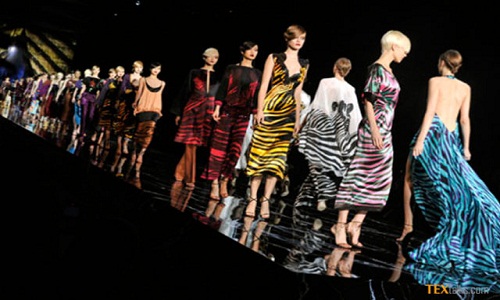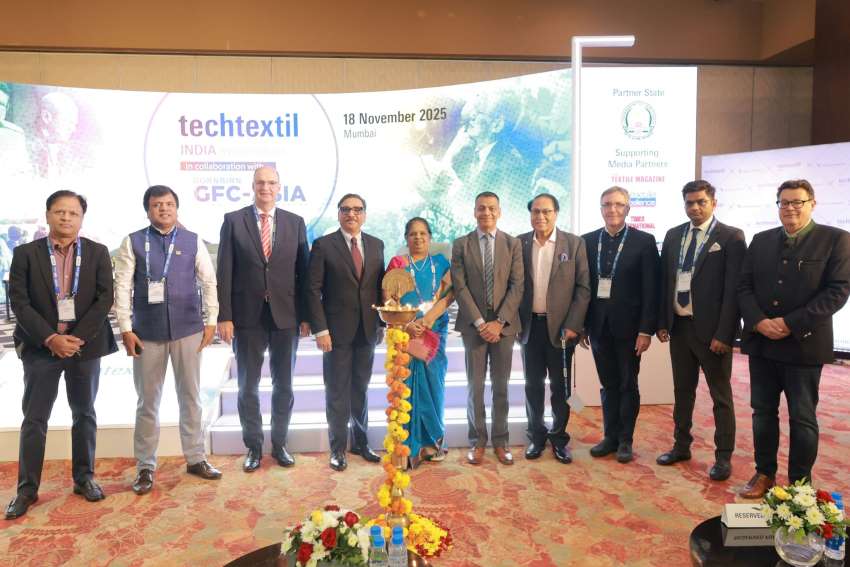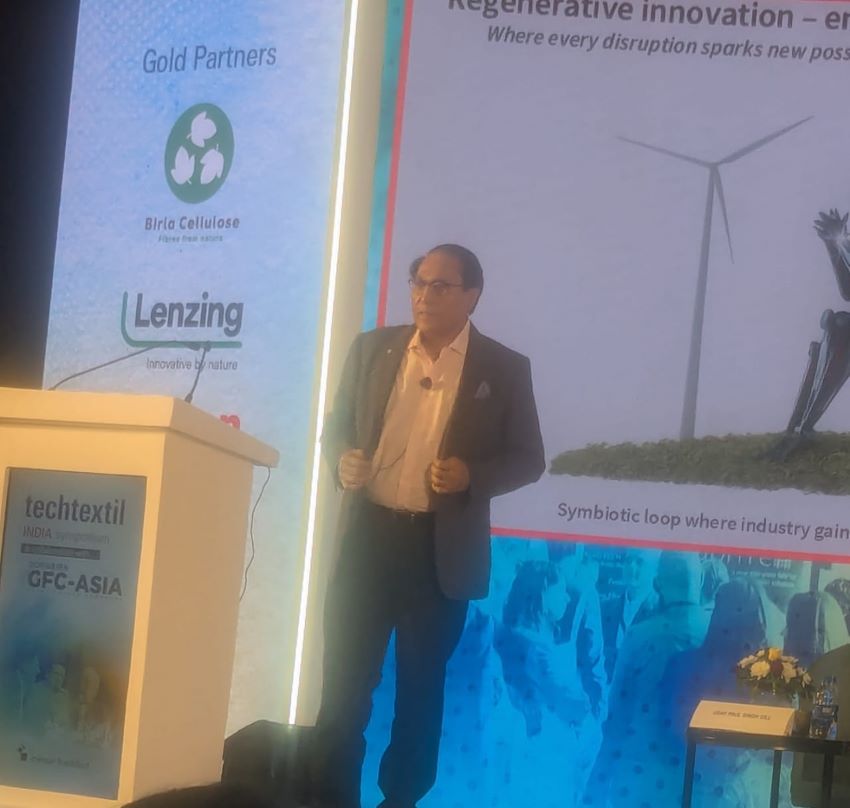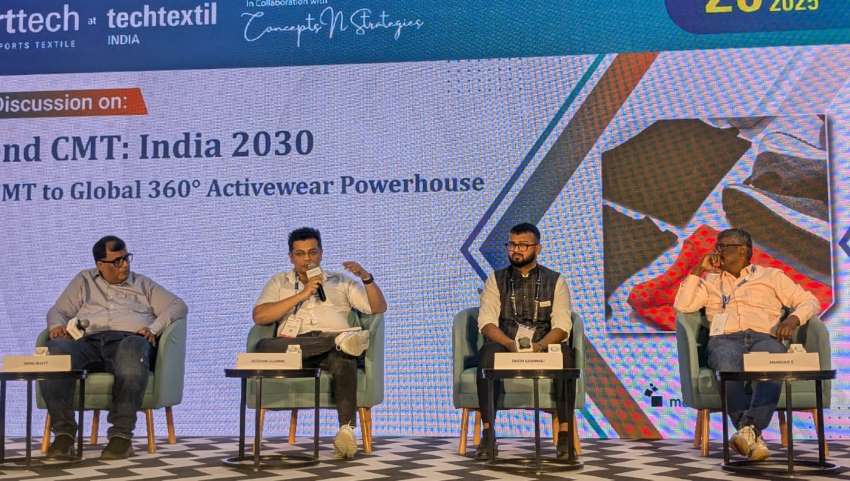"That United States Fashion Industry Association (USFIA) tagline -- dedicated to fashion made possible by global trade, is very pertinent today given the kind of policies being pursued by President Trump. As per the US Trade Commission estimates in 2016 textiles and apparel accounted for 9.7 per cent of imports from China, compared to 39 per cent electronic products. However, the impact on the sector is of huge significance not just in the US but also globally. A recent article titled ‘Walmart, Nike Suppliers Put on Notice by China Tariff Threat’ revealed how Chinese and Hong Kong companies Li & Fung with 64 per cent revenue coming from the US, and electronics company AAC Technologies with 62 per cent were most at risk by Trump’s tariffs. However, the US Trade Representative defends President Trump’s policies while saying he is fulfilling his election promise to push for trade reform to ensure fairer outcomes for US workers and businesses, and more efficient markets for countries around the world."
 That United States Fashion Industry Association (USFIA) tagline -- dedicated to fashion made possible by global trade, is very pertinent today given the kind of policies being pursued by President Trump. As per the US Trade Commission estimates in 2016 textiles and apparel accounted for 9.7 per cent of imports from China, compared to 39 per cent electronic products. However, the impact on the sector is of huge significance not just in the US but also globally.
That United States Fashion Industry Association (USFIA) tagline -- dedicated to fashion made possible by global trade, is very pertinent today given the kind of policies being pursued by President Trump. As per the US Trade Commission estimates in 2016 textiles and apparel accounted for 9.7 per cent of imports from China, compared to 39 per cent electronic products. However, the impact on the sector is of huge significance not just in the US but also globally.
A recent article titled ‘Walmart, Nike Suppliers Put on Notice by China Tariff Threat’ revealed how Chinese and Hong Kong companies Li & Fung with 64 per cent revenue coming from the US, and electronics company AAC Technologies with 62 per cent were most at risk by Trump’s tariffs. However, the US Trade Representative defends President Trump’s policies while saying he is fulfilling his election promise to push for trade reform to ensure fairer outcomes for US workers and businesses, and more efficient markets for countries around the world.
Protectionist policy top business challenge
USFIA’s 2018 Benchmarking Study, based on a survey of 28 executives at leading US fashion companies, cites protectionist trade policy in the country and the uncertainty it causes at every level from markets to supply chain and retail, as the top most business challenge. Adding to this is the challenge of increasing production and sourcing cost. If production and sourcing is repatriated to the US, it will impact the consumer who may in turn choose to change buying preferences.
protectionist trade policy in the country and the uncertainty it causes at every level from markets to supply chain and retail, as the top most business challenge. Adding to this is the challenge of increasing production and sourcing cost. If production and sourcing is repatriated to the US, it will impact the consumer who may in turn choose to change buying preferences.
Out of the total surveyed, eight out of the top 10 sourcing destinations are in the southern hemisphere. The USFIA survey notes sourcing from the Western Hemisphere is increasing. Free trade agreements in the sector remain underutilised for sourcing. There is slight, though hardly significant, increase in the utilisation of NAFTA, CAFTA-DR and AGOA the main three FTA agreements for the US.
Nearly 77 per cent of the USFIA members supported reduction in documents required for importing and exporting textiles and apparel under FTAs. Administration time and complexity are proving to be a barrier to existing trade policy benefits that the US fashion companies might avail of. Exceptions to the ‘Yarn- forward’ Rules of Origin are a case in point.
Lack of transparency in the rule of origin
The World Bank describes the rule whereby cumulation allows producers to import materials from a specific country or regional group of countries without undermining the origin of the final product. However, the interpretation of this rule is not entirely transparent for example the final assembly of the Apple iPhone takes place in China. Yet the added-value in China is less than 2 per cent (2014 figures) and the applicable US Rule of origin confers origin on China.
Similarly, a T-shirt produced in Bangladesh that imports around 80 per cent of its yarn. The yarn-forward rule then means apparel goods made up in the country often does not necessarily qualify for preferential treatment under FTAs. The outcome is low utilisation of trade preferences for apparel. While a company like the VF Corp may have the resources to untangle such regulations a SME does not, putting them at a competitive disadvantage. The single biggest challenge facing the industry today is uncertainty. It seems, America, like the rest of the world will have to wait and watch.












